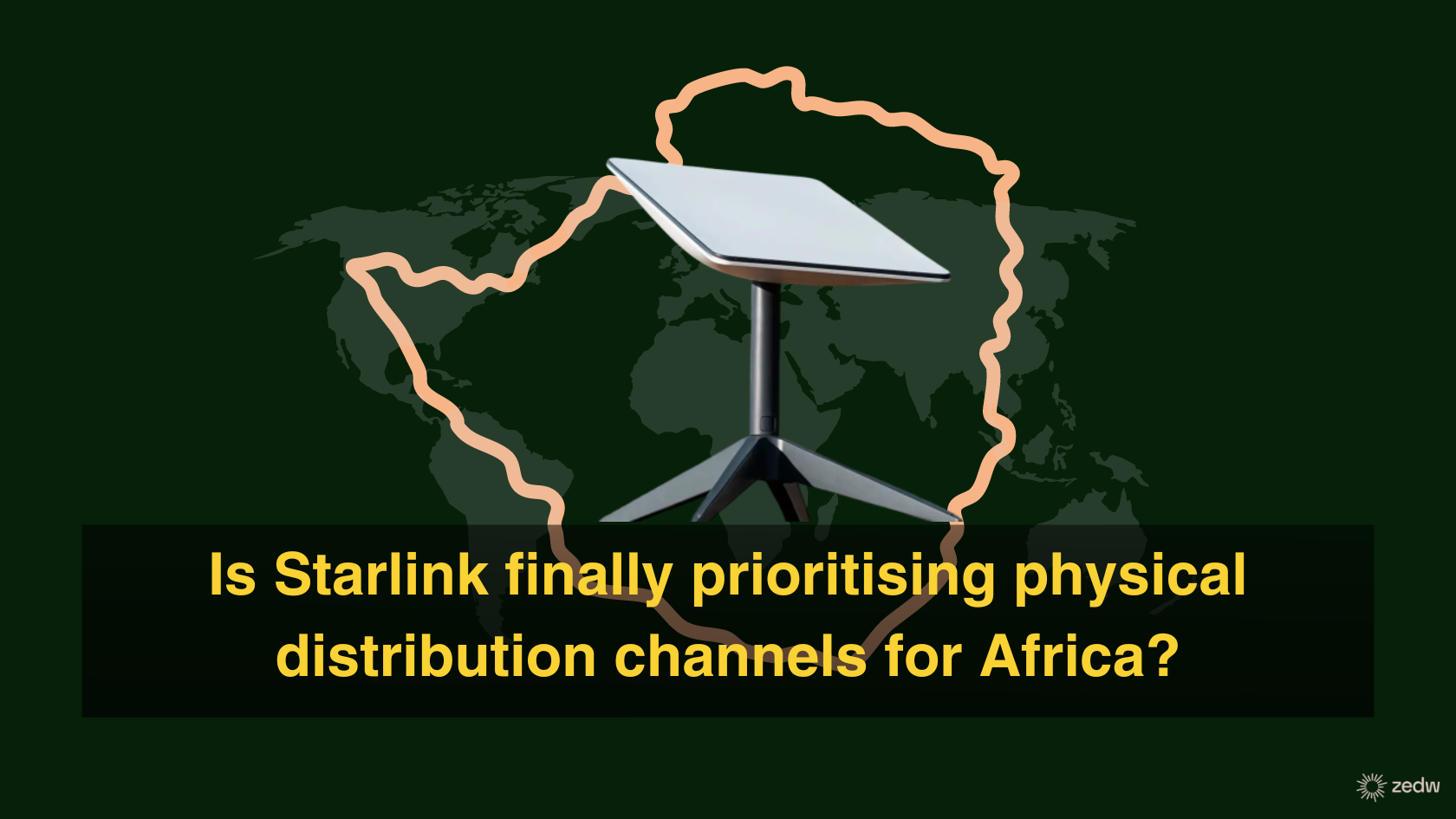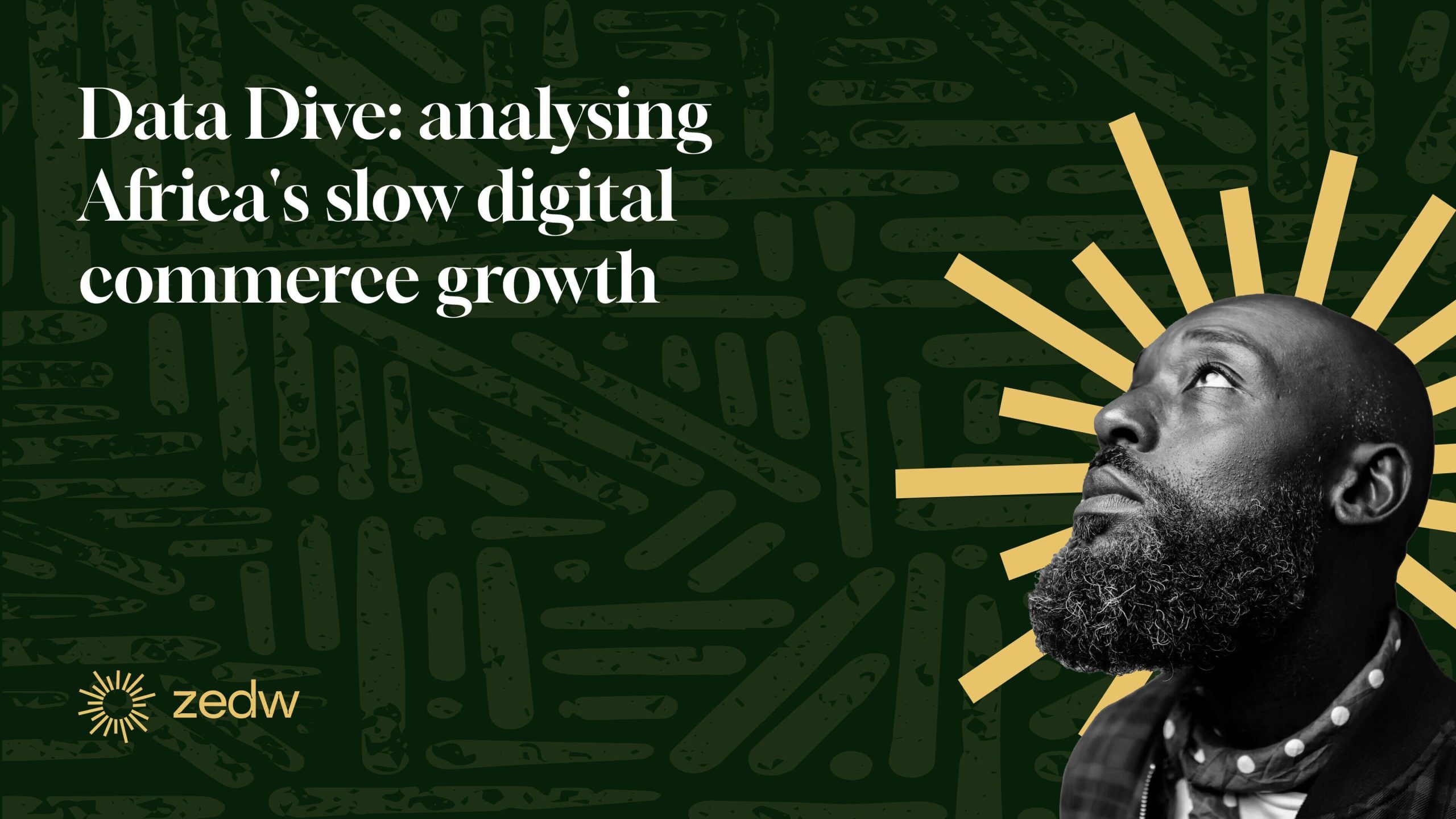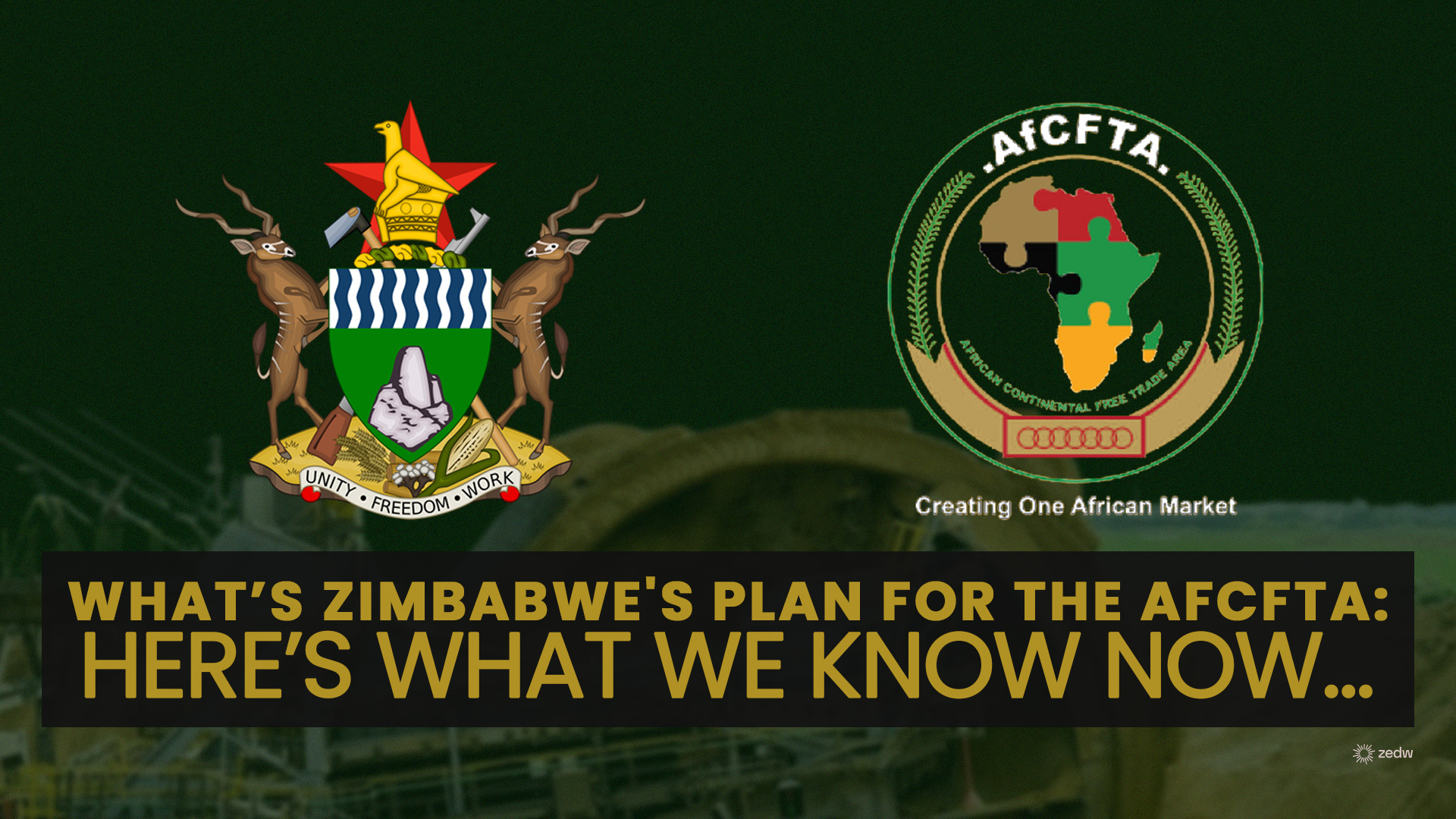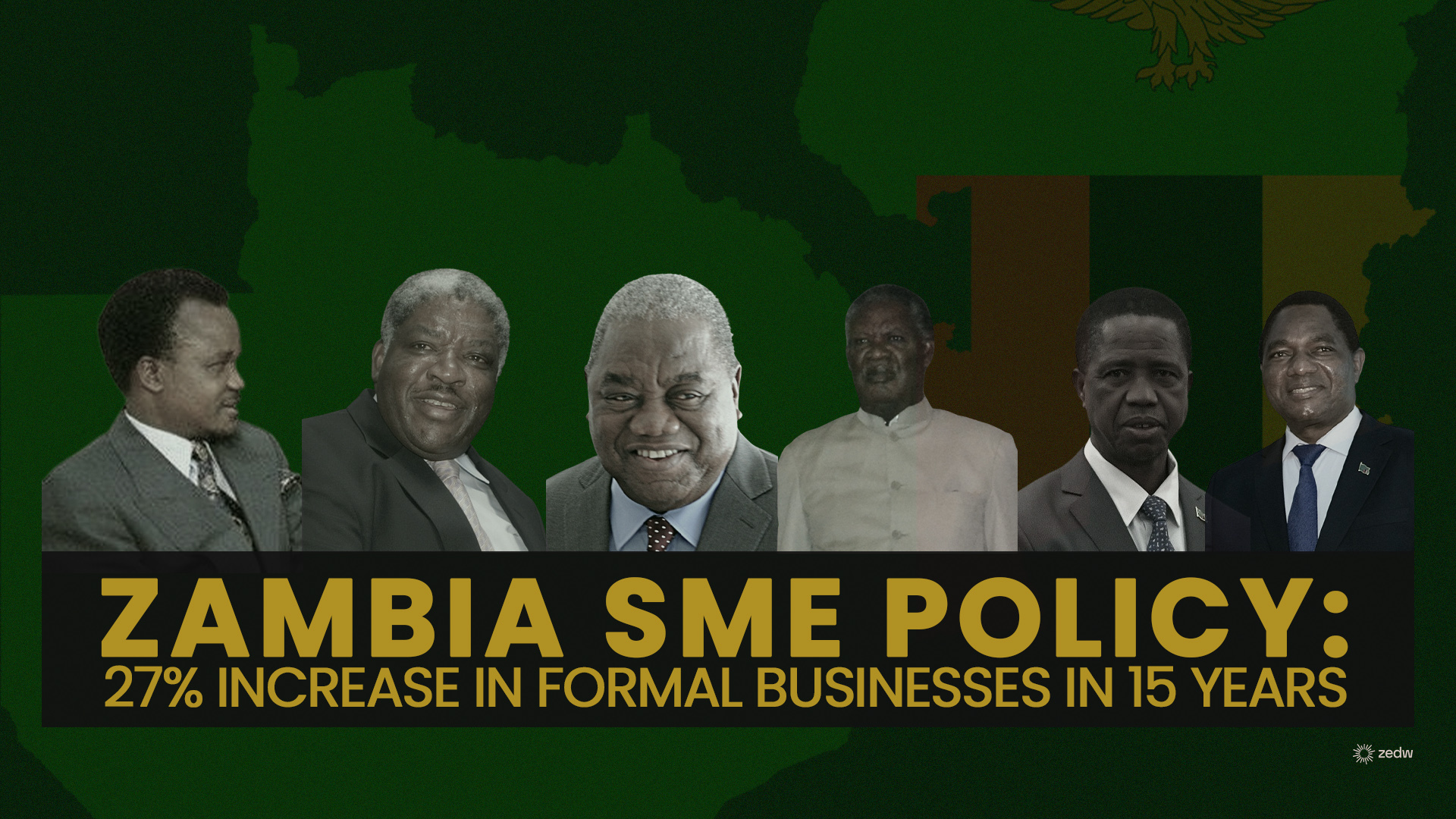Earlier this month – it was announced that Starlink is entering into partnership with TD Africa, a Nigeria-based product distributor:

What we know about TD Africa
TD Africa was established in 1999 and the company describes themselves as a “pioneer ICT distributor in West Africa”. The TD Africa website highlights that the company currently distributes products from reputable technology brands such as HP, Microsoft, IBM, and Huawei to name just a few.
Starlink is expected to be in high demand on the continent considering the current internet access gaps plaguing Africa. The biggest cause for this gap is affordability. Starlink hype has been premised on the fact that their satellite offering addresses some of the affordability concerns as they offer unlimited packages as low as $35/month. The obvious downside at the moment is that the barrier to entry is quite high as customers have to part with over US$600 to get the equipment for the service.
For TD Africa, we assume the bigger opportunity being anticipated is to become a distributor in West Africa once Starlink gets the go-ahead in other countries within that region. Nigeria and its population of over 200mn people isn’t to be dismissed.
The point of attraction for Starlink?
For Starlink we believe that a partnership with a localised distributor will go a long way in solving some of the problems people on the continent will face when looking to sign up. The first of these is overcoming the trust barrier that has long been identified as holding back African eCommerce.
Because Starlink doesn’t have any presence in Africa – potential customers have to buy the hardware and hope for the best in regards to getting it delivered and it arriving in one piece. If it doesn’t, the return processes and hassles that might come from such an outcome are all potential deterrents from customers buying in – which a local distributorship solves. The distributors will incur that initial risk and buyers will just get their hardware. If there’s a mechanical failure – a customer just goes back to the shop. That security is important in the buying process and still a large part of African commerce.
Beyond the fears around an order going wrong another barrier to entry in the ordering process without distributors is that many African customers have to set up separate pre-funded accounts that they prefund before purchasing anything online. This added friction is another reason why eCommerce activity tends to be low and there are simply many people who don’t even know about the existence of these payment options which would rule them out from using the service. With local distributors in tow – customers will just go and buy the hardware at a physical store and the distributors will also have an incentive to educate the market on behalf of Starlink – an additional benefit to Starlink who might not know how best to educate consumers in all the different markets they are currently looking to enter.
It wouldn’t come as a shock to me if this approach is the one Starlink uses to scale throughout the rest of Africa – as it seems more fitting in our current context, especially compared to the alternative which is just sending US$600-700 and waiting… Africa isn’t shopping like that yet.








